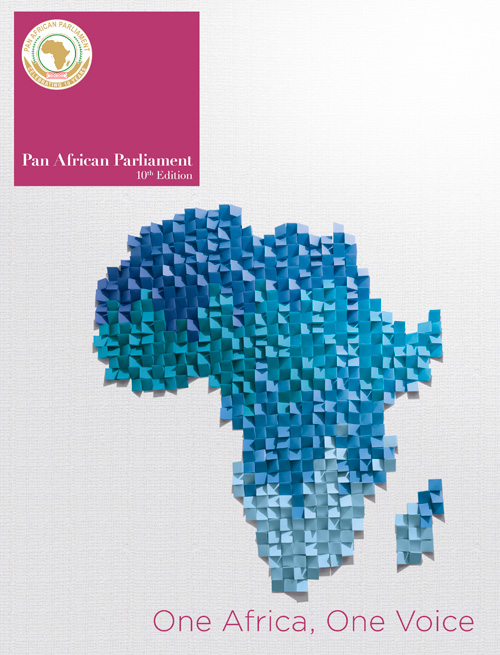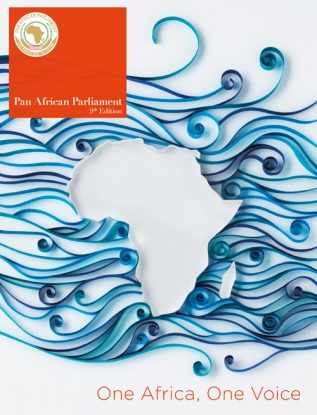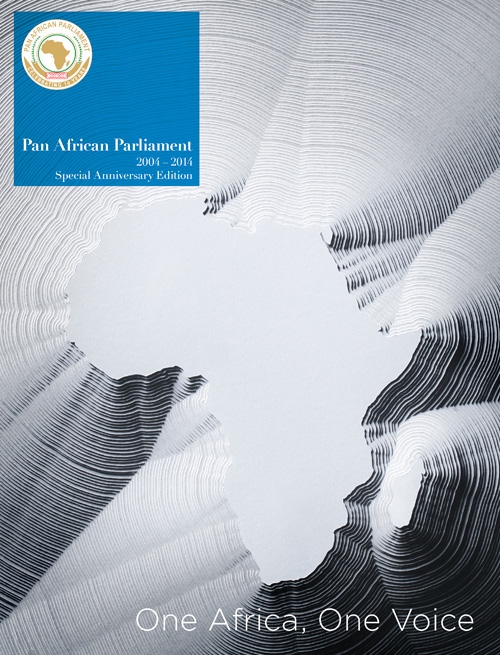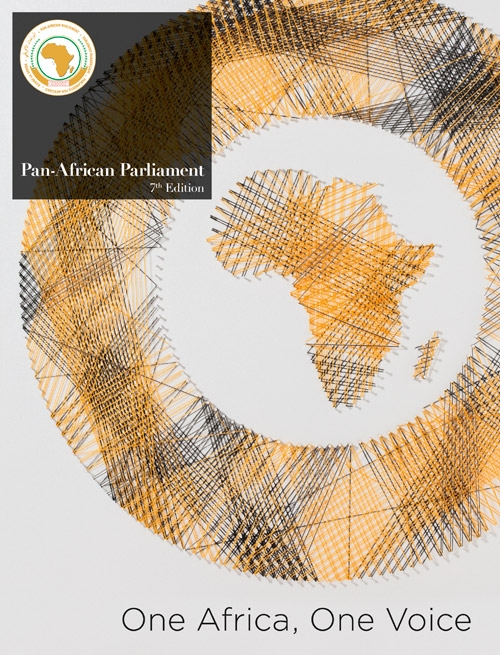
The PAP held a two-day workshop offering Committee members an opportunity to be made aware of the impact of ICT on public administration and Parliamentary accountability, to understand the ICT policy and strategy in Africa, and to consider the efforts in promoting e-parliament in Africa.
Challenges and prospects
The biggest challenge to e-government, said the workshop’s presenter Hon Prof Mohamed Tayeb Laskri, lay with the PAP’s Executive, which remained averse to this innovation as it could open them up to scrutiny.
This needed to be addressed because the benefits of e-government include modernising administration; creating more robust accountability; reducing costs; speeding up processes and bringing the citizens closer to Government.
In Cape Verde, business registration can now be done in one hour and business licensing can be completed in just 48 hours
On e-parliament, Laskri said that the tool made Parliament more open, accessible, accountable and effective. It also gave citizens the opportunity to participate in the law-making process once bills were introduced in the House, as well as to read up on published Parliamentary records.
In order to make this a success, Laskri recommended creating policies on access to open Parliamentary data as well as legislative documents.
NEPAD’s e-Africa programme
Dr Edmund Katiti, the Head of Nepad’s e-Africa programme, was strongly in favour of e-government as it created efficiency and cost-effectiveness, but he caveated this with warnings that a successful set-up depended on e-readiness – in other words, good ICT infrastructure, affordable and fast internet, Government portals, digital security and reliable service. This is a mammoth task that requires resources, affordable computers and appropriate legislation.
He also warned that the downside to e-government was the inequality it created. Only those with digital access could take advantage of these services.
- During his presentation, Katiti outlined the focus areas of Nepad’s e-Africa programme:
- Facilitating and co-ordinating the implementation of continental and regional e-programmes and projects.
- Mobilising resources and partners to support the implementation of priority e-projects.
- Conducting research and also co-ordinating knowledge management.
- Monitoring and evaluating the implementation of these projects.
Parliament and information
In an overview of ICT in Parliament, Stanford University’s Flavio Zeni reminded workshop participants that as Parliaments are information-based institutions, the management of information is the most crucial function of Parliament. He pointed out that in the past, Parliament disseminated information via paper. Today, ICT has made it possible for an e-parliament to disseminate the same information more quickly and to a wider audience. This is a critical element to successfully addressing both the citizens’ and Members’ expectations of Parliament.
Zeni also informed participants about the Africa i-Parliaments initiative, which was set up to support the sustainable deployment of ICT in Parliaments. The initiative was aimed at closing the digital gap, using the revolutionary power that ICT offers.
In practice: Cape Verde and South Africa
Representatives from Cape Verde and South Africa both had success stories to share from their implementation of e-government and e-parliament.
In Cape Verde, e-government was identified as a major contributor to the modernisation of the State’s apparatus and in boosting civil society. Specific success stories included business registration that can now be done in one hour (previously it took 52 days); business licensing that can be completed in just 48 hours (previously 15 days) and manual signatures have been replaced by barcodes. To achieve this, Cape Verde made use of a strong political will, network infrastructure (including community internet access in public squares), funding and support from the private sector.
The development of democracy throughout Africa depends on investing in infrastructure to support e-government and e-parliament
South Africa’s use of e-parliament has had a positive impact by increasing administrative efficiencies, public participation, international representation and legislative capacity. Members have become more mobile as they can rely on a variety of communication tools: in chambers, ICT has been used for biometric identification, calendaring, and audio and voting systems.
The ICT challenges that South Africa still face, include keeping up with rapid technology changes, budgetary constraints, green computing and the security and privacy issues that come with this sector.
Democracy needs digitisation
The development of democracy throughout Africa depends on investing in the necessary infrastructure to support e-government and e-parliament and a commitment from National Parliaments to use e-technology to become more open, transparent and accountable to their citizens. Correctly implemented, it would create a key tool of good governance and support business development and entrepreneurship.
There was strong support for e-technology at the workshop, though a few challenges were acknowledged, namely that current tech infrastructure as well as human and financial resources are all major obstacles; and that there’s a need for more robust digital privacy and a clearer definition on boundaries between privacy and open data.
The recommendations from the workshop were all firmly in favour of e-parliament, with a particular focus on supporting the roll-out of a user-friendly e-parliament. Specific recommendations included:
- Top leaders from African countries needed to be convinced that e-parliament was a necessity.
- The PAP must act as a model of e-parliament.
- Training was required across Africa’s Parliaments.
- Success stories and best practices throughout Africa needed to be shared and duplicated where possible.







